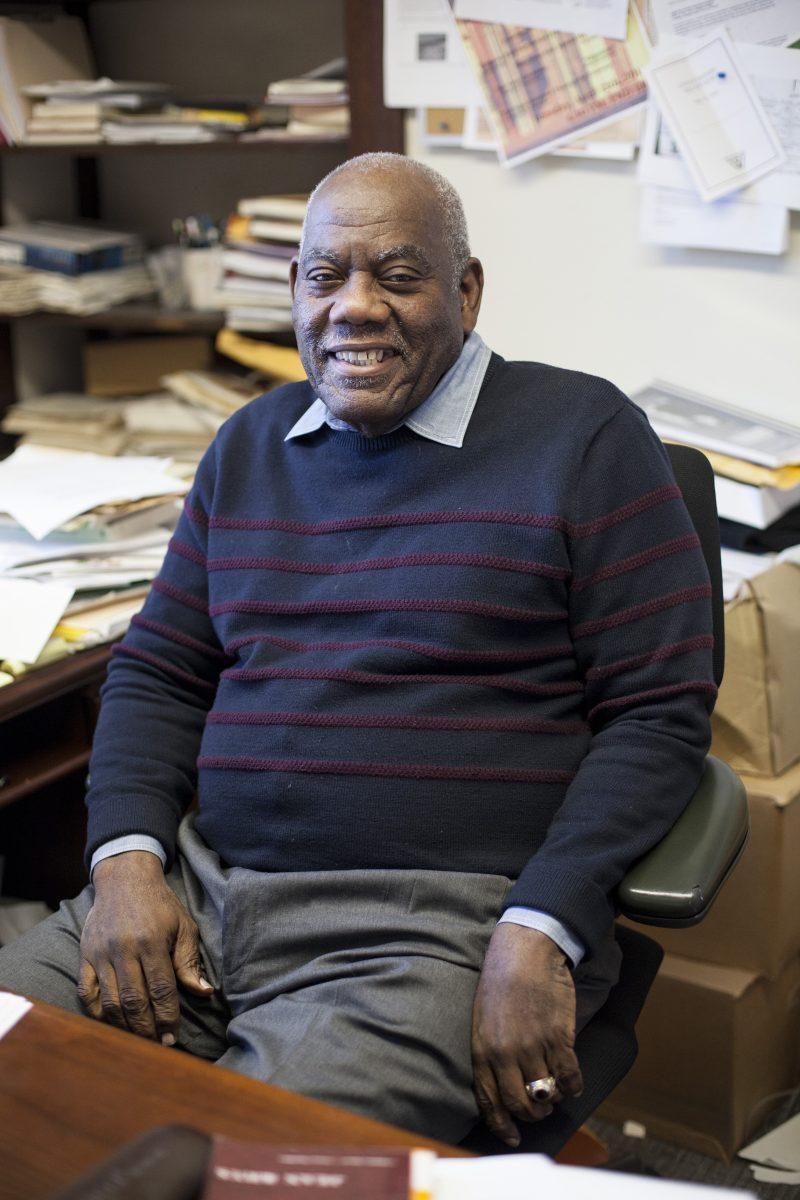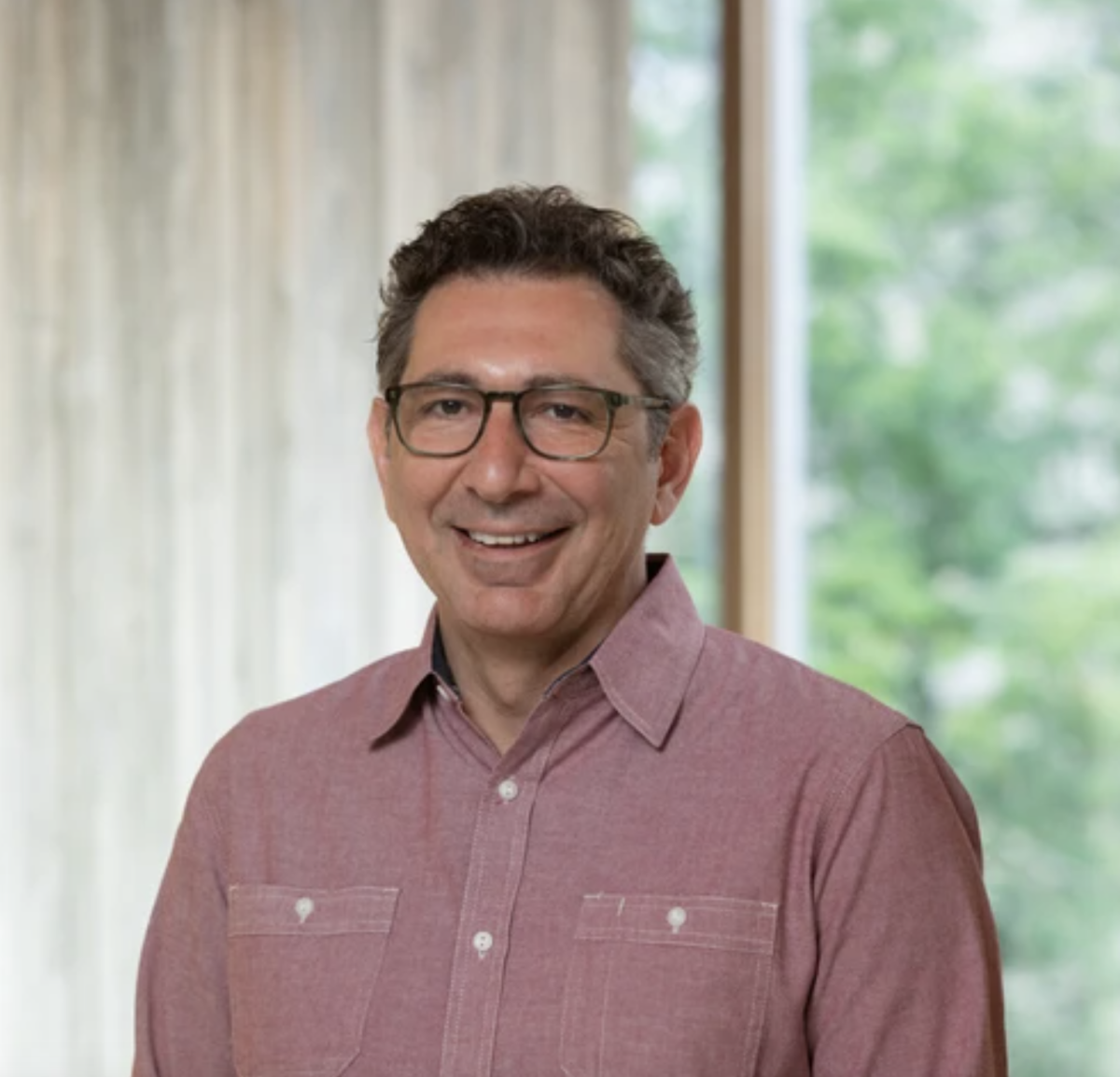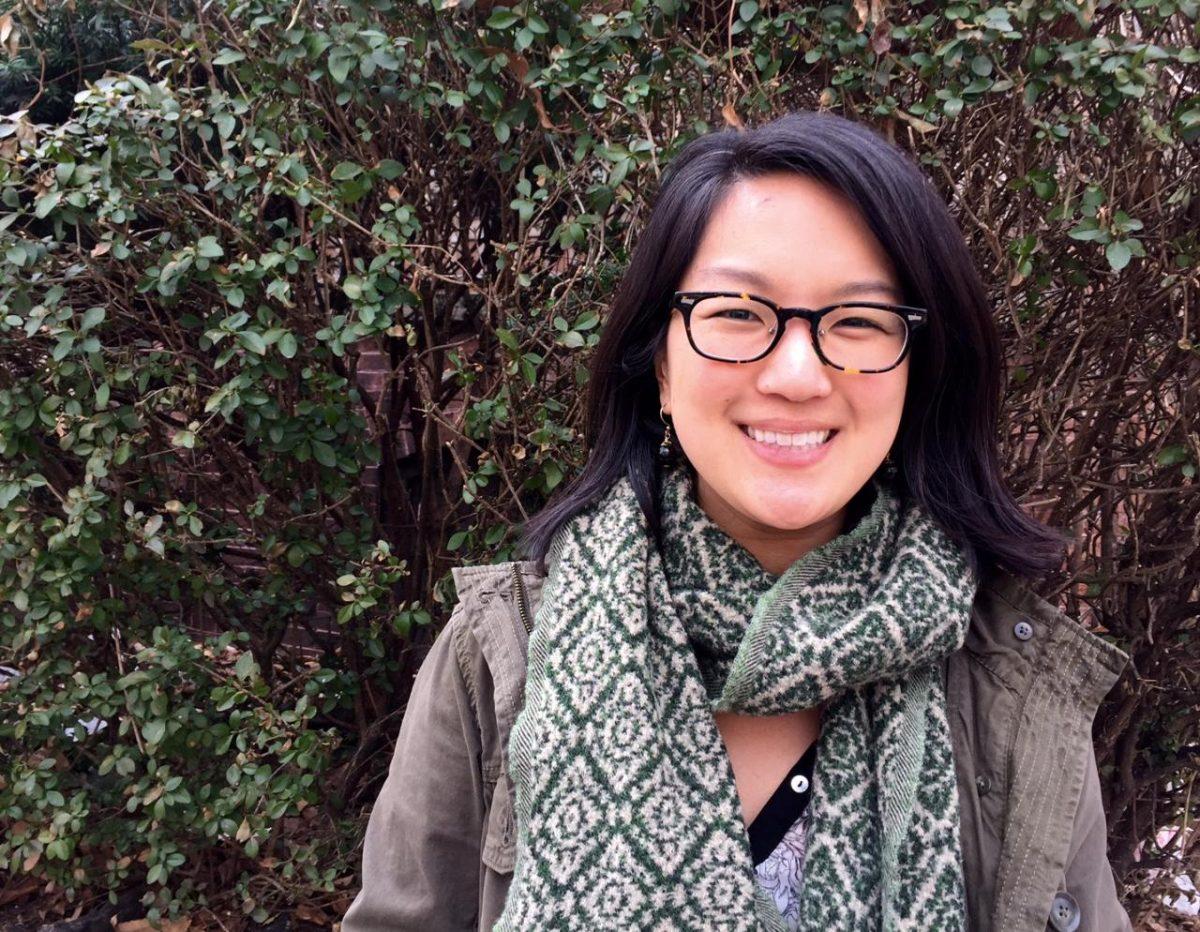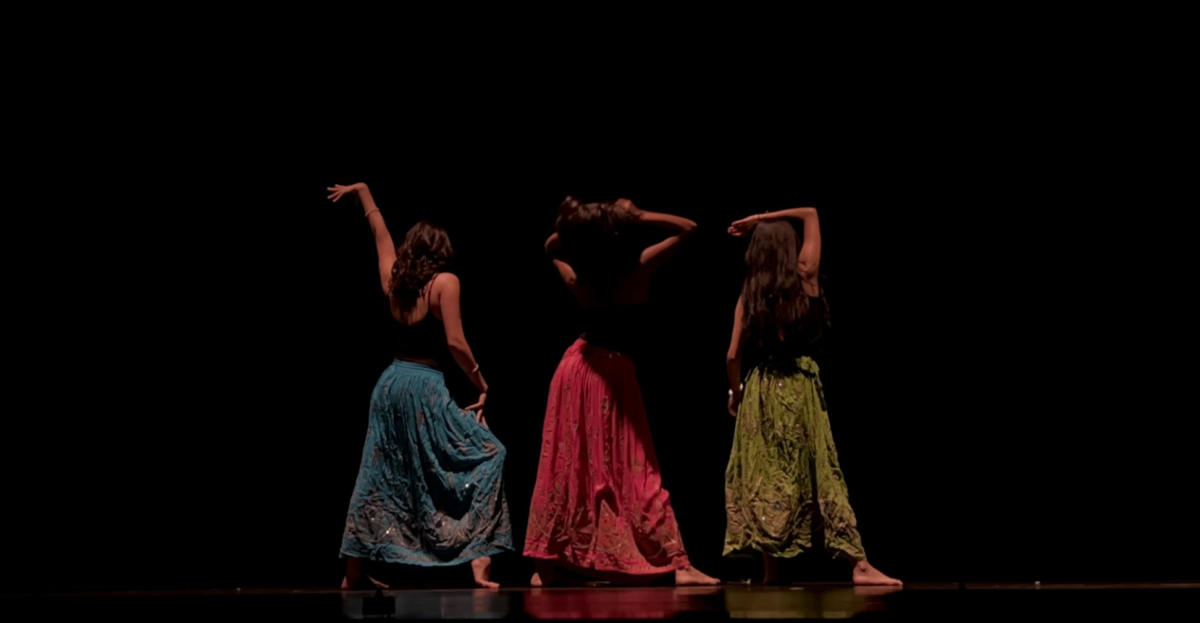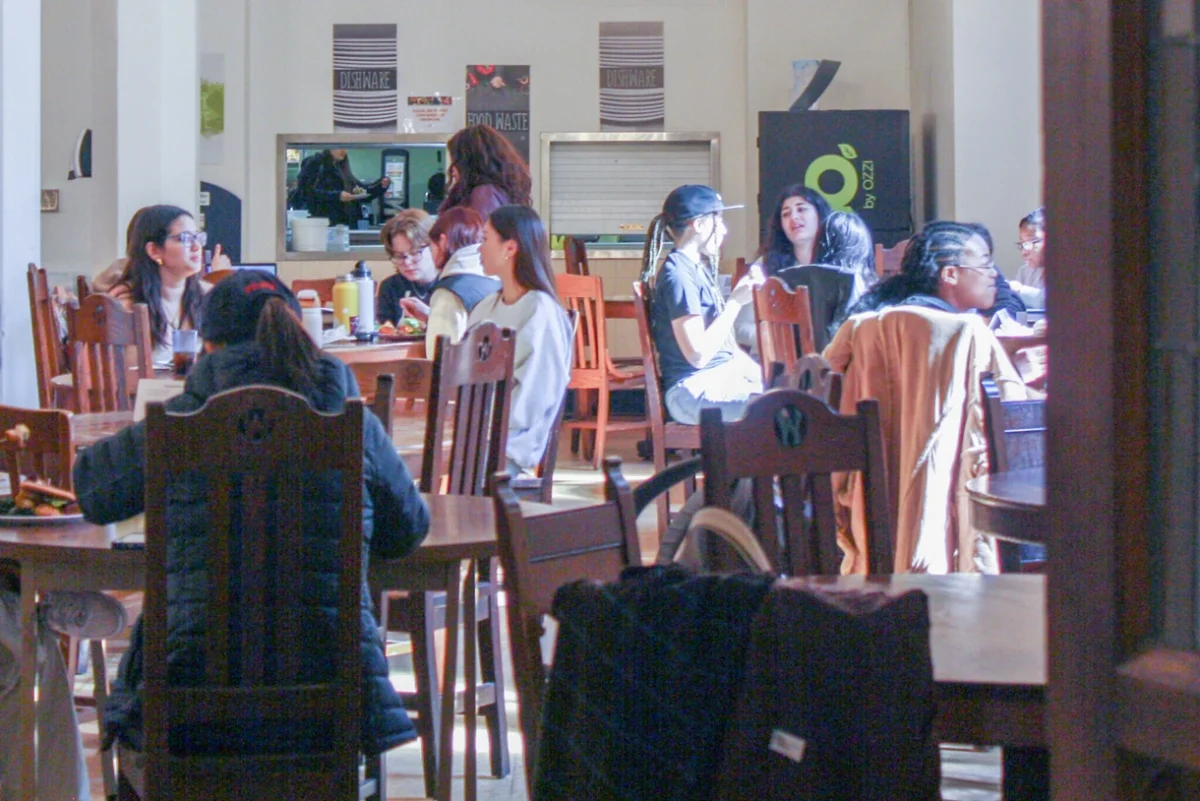“I define an educated person as someone who responds purposefully to their social environment. That is to say, for example, that if a lion is coming at you, and you’re quoting Shakespeare, you shall die. You have to learn how to respond purposefully.” Such is the unconventional rationale for education–and for learning literature–posited by Professor Selwyn Cudjoe.
Born in Tacarigua, Trinidad in the West Indies, Cudjoe was raised by his mother, who supported him by working in the kitchen of a less-than-kind white woman. He arrived in the United States–Manhattan, to be exact–in 1964 to study. At the same time, he worked as a dishwasher. “I worked in Sloan-Kettering as a janitor, I drove gypsy cabs. I did everything,” he said. As he worked his way through school, he was also sending money back home to his mother.
Educated at Fordham, Columbia and Cornell, Cudjoe held his first university teaching position at Fordham, where he began instructing in American literature upon graduation. Even then, he was outspoken. At the time, Cudjoe said, Fordham had maybe twenty black students in all. This was one of the issues he and his cohort addressed vocally with the goal of turning African and African American Studies into a recognized academic discipline.
“You have to create something, and there was nothing there. We had to do it ourselves,” he said regarding his role in establishing the foundations for the discipline at the school. The first African and African American Studies course Cudjoe taught was at Fordham in 1969, and though he can barely remember the syllabus, he thinks it probably included names like W.E.B. DuBois, James Baldwin, Ralph Ellison and the writers of the Harlem Renaissance.
His first academic article soon followed, appearing in the publication Black World in 1971. In it, he wrote, “At the present time many efforts are being made to redefine and establish standards of critical judgment for African and Neo-African works…. As limited as [our resources] are, I have begun to participate in this excruciating and beautiful experience.”
Examples of why and how such a pursuit could be “beautiful” are everywhere; one is every time the pristine prose of James Baldwin is made central in a college classroom. That the assembly of names comprising Cudjoe’s first syllabus are now among the most widely known in American literature is another testament to the success of their passion and persistence. But the “excruciating” are, too, worth plumbing.
Cudjoe left Fordham when his contract wasn’t renewed: this was precipitated by his pointing out some problems with the administration’s budgeting. Cudjoe has taught at Wellesley since 1986, and though he is a member of the Africana Studies department, he is well known from his appearances at various open forums and teach-ins, which can be informal lectures and discussions, as both a listener and a participant. To emphasize the importance of these forums, he quotes the writer Frantz Fanon: “Make me always a man who questions.”
Asked about how he ended up studying literature and pursuing it in academia, Cudjoe wrestled a little bit with the directness implied by the question. Indeed, the story of how he came to focus on literature feels more like a circle. While still living in Trinidad, Cudjoe had taken an Oxford correspondence course about literature and had taught in an elementary school. But he was diverted; when he arrived in the US with the intention to pursue a medical career, he was thwarted by a conflict between his lab hours and need to work.
“It’s funny when you re-write stories. There’s no perfect line,” he said.
The next discipline he tried was economics, which would have been fine, except that he was on the debate team and needed to prepare for a trip to Lexington, Kentucky and couldn’t read one of the more significant books on the final exam.
English became Cudjoe’s best subject and the obvious choice when both of his other majors grew less than promising. Today, he sees the study of literature as worth advocating for because, he explained, “I think that the more we read, the wider we read, the better our understanding of social reality.”
Students should not be the only ones to read because it helps them situate themselves in social reality; Cudjoe believes that all members of the community should reconsider what they do and reconstitute their time accordingly.
There used to be, he said, “much more vigorous debate among faculty, students, and so on. There was less authoritarianism at the level of administration. And there was much more [of an] attempt to talk and discourse about issues. I think that has been diminished. We have to get away from that.” He then elaborated, saying, “We’ve got to have much more debate, much more discussion, and the school has to be opened up. We must reward people. Not only those who sing the line of the school, but those people who are genuinely questioning things.”
Many disparage complacency and advocate for agitating voices, but to hear Cudjoe say these things is to truly see how much can be done with questions. Without these questions, he said, “you’d have no progress. That’s why we have Black Studies. People questioned. That’s why it started.”

